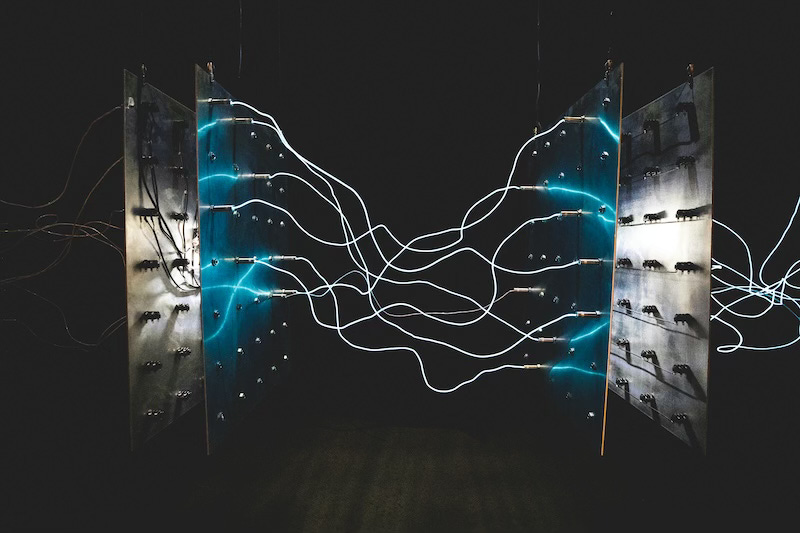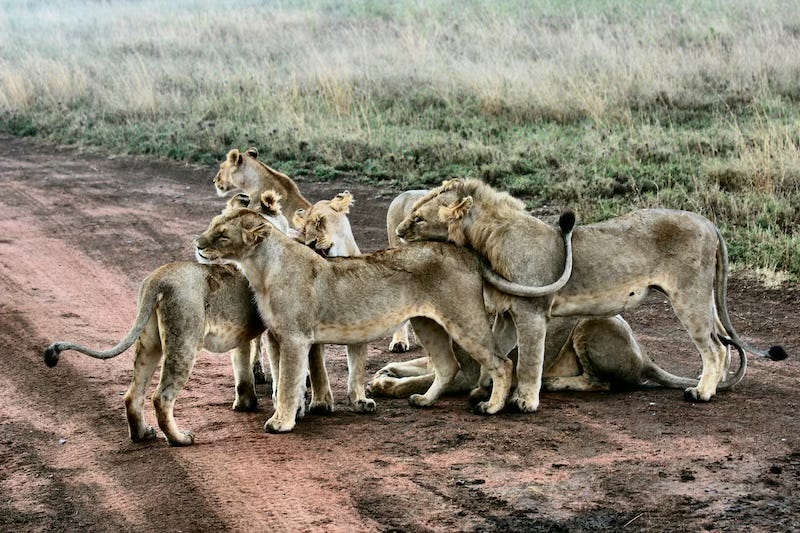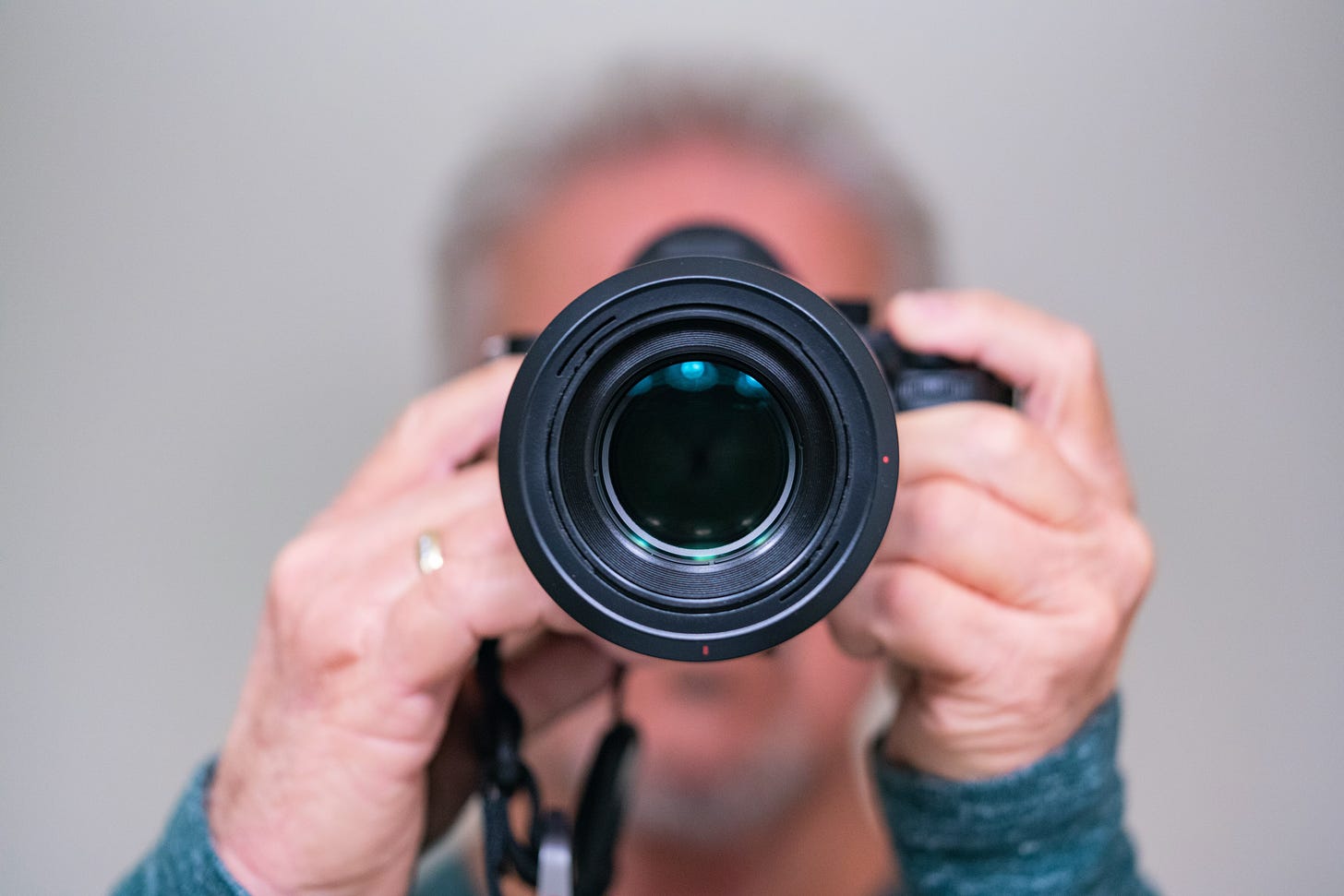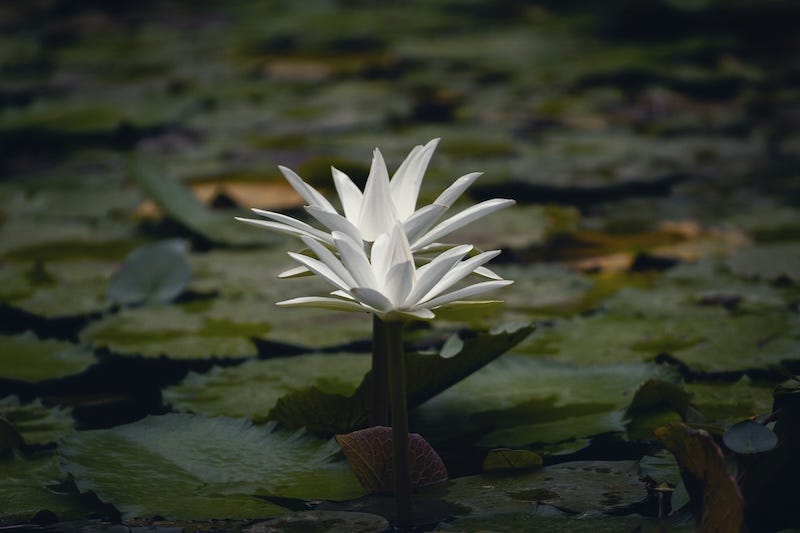Only afterward did I realize that we’ve never had any kind of reunion, official or otherwise.
In fact, unlike all the Yale alumni organizations that send me a bounty of daily emails, frequent fundraising letters, and even a bi-monthly magazine, there’s absolutely no organizational structure in place.
True, the program lasted only four months, NOT four years, but even so, it profoundly affected my life on every level, as much, if not more than college.
I’m speaking about the yoga training program I took 23 years ago, one that began during those painful days immediately following 9/11.

It was during yoga school that I first encountered the poem below by Rumi, one I’ve shared in countless classes and workshops.
It’s resonating lately partly because the theme I’m exploring this month is Choose Your Focus, New Meditation HERE.
One of the key aspects of choosing our focus is recognizing how many distractions we all face, how many internal and external forces constantly compete for our attention.
The loudest voices, of course, are our own ever-shifting emotions and the furious blizzard of our thoughts.
Especially now, when feelings are running so strong, it’s an apt reminder that, rather than resisting, our work is to find the opportunity to learn and grow from all experiences.
THE GUEST HOUSE
This being human is a guest house.
Every morning a new arrival.
A joy, a depression, a meanness,
some momentary awareness comes
As an unexpected visitor.
Welcome and entertain them all!
Even if they’re a crowd of sorrows,
who violently sweep your house
empty of its furniture,
still treat each guest honorably.
He may be clearing you out
for some new delight.
The dark thought, the shame, the malice,
meet them at the door laughing,
and invite them in.
Be grateful for whoever comes,
because each has been sent
as a guide from beyond.

This Sunday, however, was an informal yoga-school reunion of sorts for me.
Attending the memorial service of a friend’s mother from that time, I reunited with several people I hadn’t seen in 15 years.
Reminiscing amid all the questions like “Are you still in touch with ‘so-and-so’?” led to further outreach to other long-lost friends from that time.
This is true for those in theater or film, but I’m sure nearly everyone can relate to the intense bonding that happens when working on an immersive project.
The common trope is that you’ve “come together as a family,” even if it’s a family with a clearly marked shelf life.
I prefer the Yiddish phrase “חברים לשעה” (pronounced khaverim l’shah), which meaning “friends for an hour” or “friends for the moment.”
Both mystics and physicists tell us that time is an illusion, and so all connections are eternal.
Even when that hour passes, the bond remains—perhaps destined to lie dormant forever, or to spark again, mysteriously reignited.

I earned my Executive MBA during the pandemic, and it was, of course, an online experience.
The program was appropriately innovative, especially respected in tech-forward and entrepreneurial communities for its unique blend of rigorous content and accessibility.
I’m really glad I completed it, but it was a truly solitary experience.
Some of this was definitely my fault, particularly since I opted to do all the handful of group projects by myself.
Not excited about partnering with random strangers, I missed one of the deadlines to pair up and realized it was simpler just to do things on my own.
For my Capstone Project on the wellness app we’ve been developing, I already had a real-world partner and co-founder.
There it made sense to choose to focus with someone already on the journey, illustrating the wisdom of the African proverb:
“If you want to go fast, go alone.
If you want to go far, go together.”

One reason it can be challenging to work with others is that they can cause us to lose focus.
Interestingly, the term “pull focus” is often used negatively.
For example: “During the meeting, Mark’s off-topic comments really pulled focus from the main discussion.”
The term originates in cinematography, where “focus puller” is an actual job title.
Their job is to create the opposite effect of distraction.
They manipulate the lens to fix the audience’s attention exactly where the director wants it.
This can be achieved by shifting the focus between subjects in a specific shot or softening the background around the featured object.
Pulling focus can be subtle or dramatic, fast or slow, but unlike its conversational use, it’s always about zeroing in on what’s most important in any scene.
In other words, it’s overtly intentional.
In fact, some consider good focus pulling a blend of science and art, requiring the ability to both measure distances and intuit emotions, visually enhancing an image’s meaning through a powerful shift in perspective.
Coaching to Shift Perspective INFO HERE

Sidebar:
Amidst the current chaos, alongside Rumi, I’ve found this Wendell Berry poem deeply comforting.
The Peace of Wild Things
When despair for the world grows in me
and I wake in the night at the least sound
in fear of what my life and my children’s lives may be,
I go and lie down where the wood drake
rests in his beauty on the water, and the great heron feeds.
I come into the peace of wild things
who do not tax their lives with forethought
of grief. I come into the presence of still water.
And I feel above me the day-blind stars
waiting with their light. For a time
I rest in the grace of the world, and am free.

I’ve written before that:
Everyone from Thich Nhat Hanh to Goldie Hawn has noted that the Lotus is considered the most beautiful flower…and yet it only grows out of the mud.
Originating in the muck and mire, the lotus rises to the surface; only then does it gradually open its petals and reveal its glories as it blossoms in the sun.
It’s important to remember these murky origins when Choosing Our Focus are to be expected––again, November meditation HERE.
Berry’s encounter with “the presence of still water” reminds me of an anecdote in Joseph Nguyen’s book––the one we explored in my new Transformation Book Club HERE.
When presented with a bowl of dirty water, perhaps the most effective way to gain clarity is to let it settle.
“The natural state of water is clear,
and the natural state of our minds is also clear,
if we do not disturb it.”

Rumi advises us that rather than resisting, we should welcome all that life offers us, looking for the gift in everything.
Wendell Berry suggests taking comfort from nature, knowing that not only do lotuses arise from the mud, but also that when stillness is welcomed, even the dirtiest water clarifies itself.
I’ve found my focus greatly enhanced through the power of connection, knowing that while sometimes you can travel faster in solitude, other times, deep partnerships and even “friends for an hour” can make the journey so much richer and more meaningful.
Ultimately, it’s up to us whether we let internal and external storms distract our focus, or, with a blend of science and art, employ the tools of mindfulness to pull our focus back to what’s truly important.
Namaste for Now

